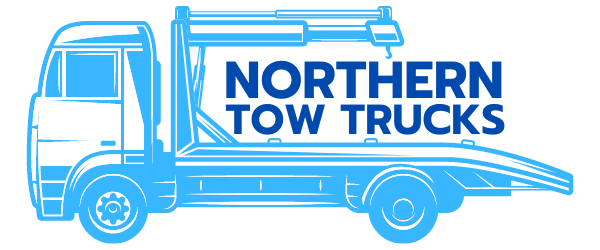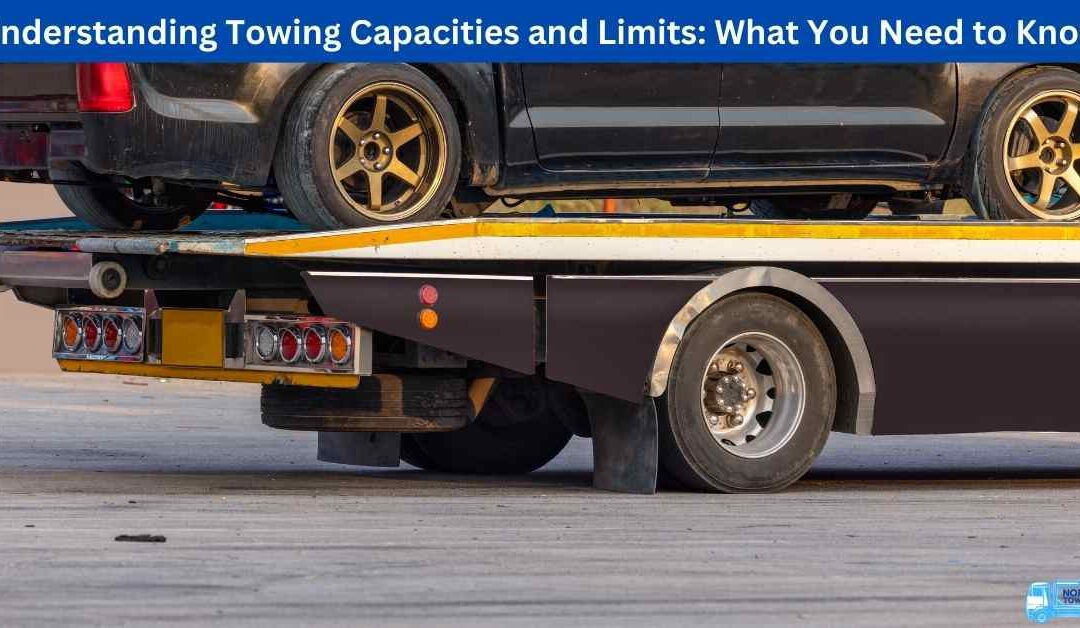Towing isn’t just about hooking up a trailer and hitting the road. There’s a science behind it—one that can mean the difference between a smooth ride and a dangerous situation. Whether you’re towing a boat for a weekend getaway, hauling equipment for work, or moving a camper cross-country, understanding towing capacities and limits is crucial. Let’s break it down in simple terms so you can tow safely and confidently.
What is Towing Capacity?
Towing capacity is the maximum weight your vehicle can safely tow, as specified by the manufacturer. It’s determined by a combination of factors, including engine power, transmission, brakes, suspension, and even the frame of your vehicle. Exceeding this limit can lead to poor handling, brake failure, or even catastrophic mechanical damage.
Key Terms to Understand
Before we dive deeper, here are a few essential towing terms:
- Gross Vehicle Weight Rating (GVWR): The maximum total weight of your vehicle when fully loaded, including passengers and cargo.
- Gross Trailer Weight (GTW): The total weight of the loaded trailer.
- Tongue Weight (TW): The amount of weight the trailer puts on the hitch of your vehicle.
- Gross Combined Weight Rating (GCWR): The maximum weight of your loaded vehicle and the loaded trailer combined.
- Axle Ratio: A factor that affects towing capacity by influencing engine power and torque.
Why Towing Limits Matter
Let’s say you drive a mid-size SUV with a towing capacity of 3,500 lbs. If you attempt to tow a 4,500-lb camper, you’re putting excessive strain on your vehicle. This could cause overheating, transmission failure, or loss of control while driving. In extreme cases, it could even lead to a serious accident.
One real-world example: A friend of mine once tried to tow a boat that was just a few hundred pounds over his truck’s towing capacity. It seemed fine at first, but going uphill, the transmission overheated, and the engine started struggling. He had to pull over, let the truck cool down, and eventually call for assistance. The lesson? Even a slight overload can have big consequences.
How to Determine Your Vehicle’s Towing Capacity
- Check Your Owner’s Manual: This is the most reliable source of information about your specific vehicle’s towing limits.
- Look at the Door Sticker: Many vehicles have a label on the driver’s side door frame listing important weight ratings.
- Factor in the Load: Don’t just consider the trailer’s weight—factor in passengers, cargo, fuel, and any extras you might be carrying.
- Use a Towing Calculator: Many online tools can help you calculate your safe towing capacity by considering multiple factors.
Tips for Safe Towing
- Distribute Weight Properly: Avoid putting too much weight at the front or back of the trailer. A balanced load improves stability.
- Use the Right Hitch: Different hitches have different weight ratings. Make sure yours matches your towing setup.
- Check Your Brakes: If your trailer is heavy, trailer brakes can help reduce stress on your vehicle’s braking system.
- Practice Driving with a Load: Towing affects acceleration, braking, and turning. Practice in a safe area before hitting the road.
- Inspect Your Equipment Regularly: Before each trip, check your hitch, tires, and lights to ensure everything is secure and functional.
Final Thoughts
Understanding towing capacities and limits is more than just a numbers game—it’s about safety, vehicle longevity, and peace of mind. Whether you’re towing a small utility trailer or a large RV, knowing your vehicle’s capabilities can prevent costly repairs and dangerous situations. Always stay within your limits, and when in doubt, err on the side of caution. Happy towing!
If you are in Essendon, Victoria 3040, and looking for an emergency towing service or roadside assistance Melbourne service, this is the best way to visit us.
Northern Tow Trucks
620 Canning St
Carlton North VIC 3054
(03) 7064 2500

